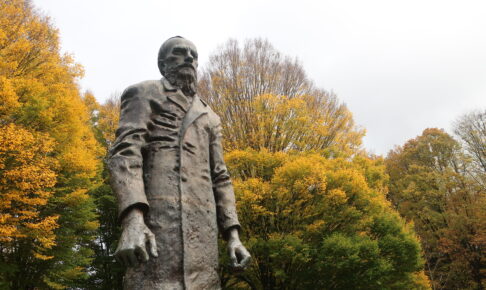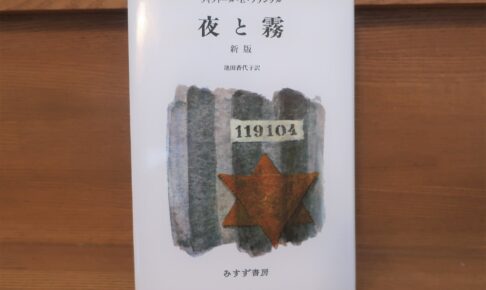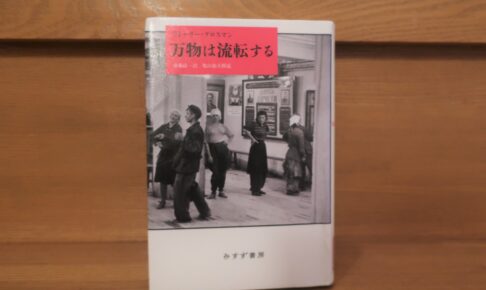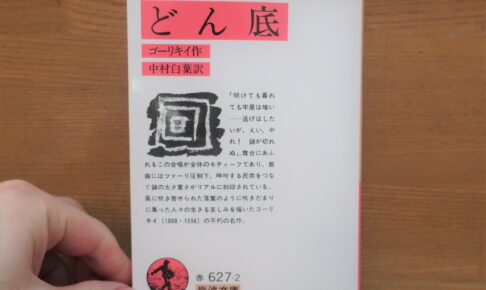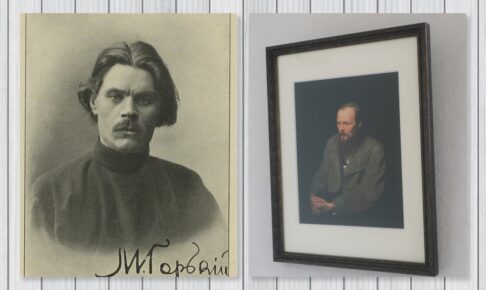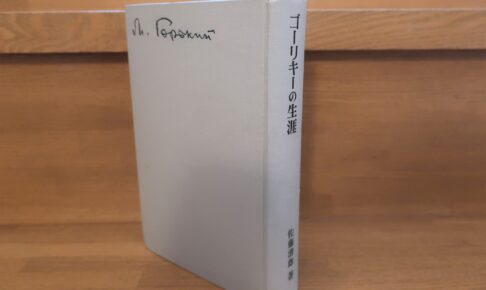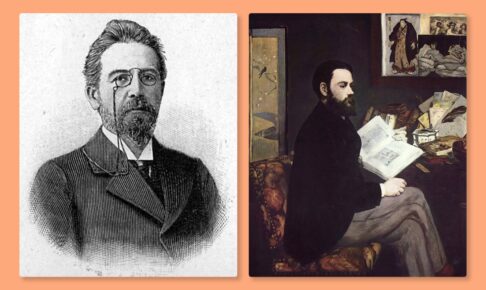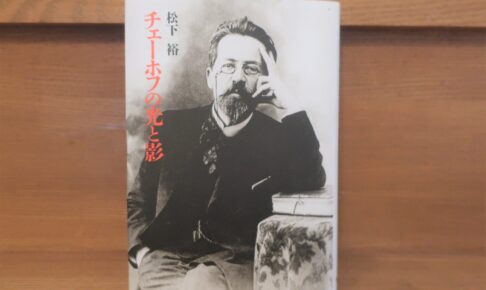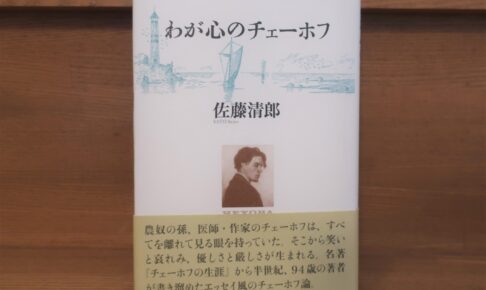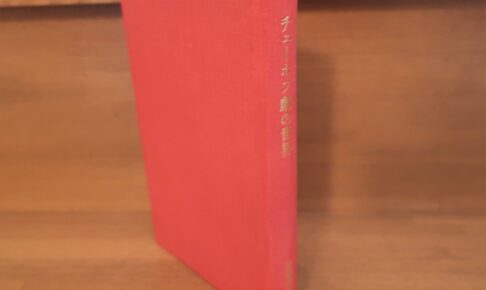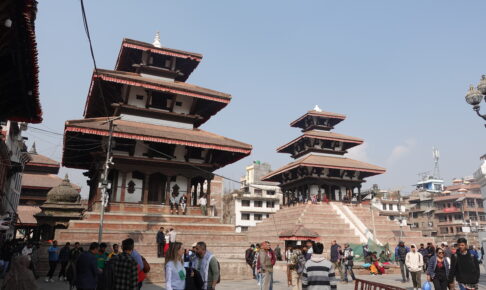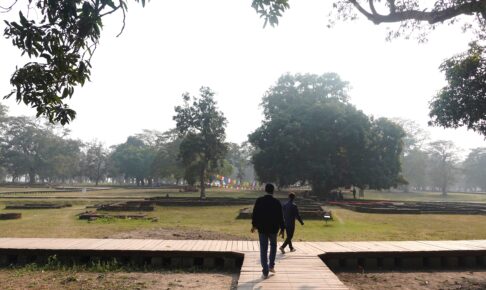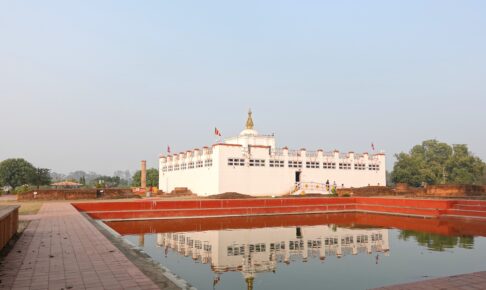Takahiro Ueda, "Dostoevsky and His Wife's Fateful Journey: Travels in Western Europe of Madness and Love" - A journey that traces a once-in-a-lifetime journey with his wife that changed the destiny of a great writer.
This travelogue will be a record of my trip to Europe in 2022 on the theme "Shinran and Dostoevsky".
The Dostoevskys traveled to Germany, Switzerland, Italy, and the Czech Republic. I have also had the opportunity to relive their journey and reflect on the fateful journey that was to change his life. This is my full-length travelogue. Please read it.












